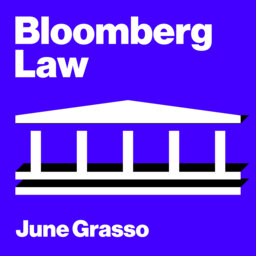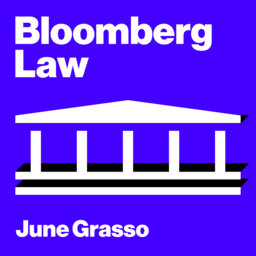SBF Cooperator Gets No Prison & New Crypto Strategy
Bloomberg legal reporter Ava Benny-Morrison, discusses the first person charged in the FTX collapse to avoid prison time. Securities law expert James Park, a professor at UCLA Law School, discusses the crypto industry using a Texas legal strategy to attack the SEC. Cybersecurity expert Dr. Ilia Kolochenko, partner and cybersecurity practice leader at Platt Law, discusses Delta Airlines suing CrowdStrike. June Grasso hosts.
In 1 playlist(s)
Bloomberg Law
Expert analysis on legal issues and cases in the news. Host June Grasso speaks with prominent atto…Social links
Follow podcast
Recent clips

Introducing: Bloomberg This Weekend
01:08

Weekend Law: Big Oil Seeks Climate Lawsuit Reprieve; States Sue RFK Jr
38:54

Tariffs Struck Down, Erasing History & Climate Rule Revoked
36:40
 Bloomberg Law
Bloomberg Law